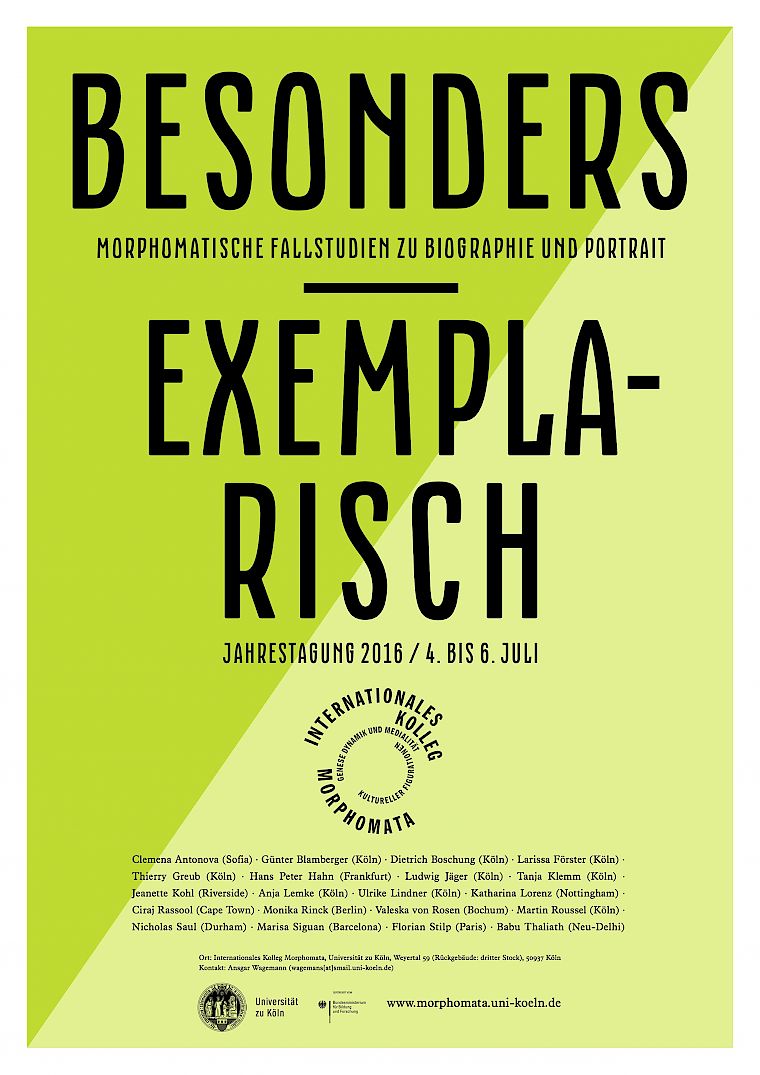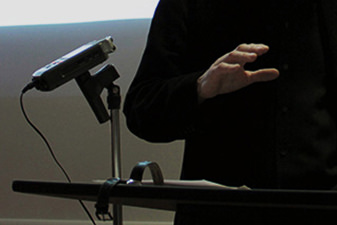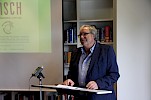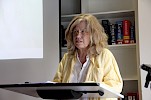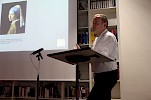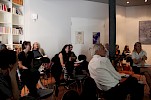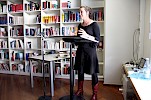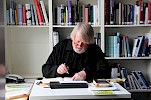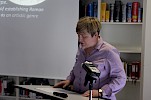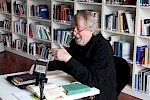BESONDERS/EXEMPLARISCH
Morphomatische Fallstudien zu Biographie und Portrait
In seiner zweiten Förderphase seit 2015 beschäftigt sich das Internationale Kolleg Morphomata mit „Biographie und Porträt als Figurationen des Besonderen“ und fragt dabei – über die Kulturgeschichte einzelner Genres hinaus – nach den Verfahren, in denen das Besondere in seiner kulturellen Manifestation eine historisch potentiell wirkmächtige Form gewinnt. Das Exemplarische vermittelt das Besondere mit dem Allgemeinen, das Individuelle mit dem Gemeinschaftlichen. Es figuriert unser kulturelles Wissen über eine Distanz und immer auch die zumindest prinzipielle Möglichkeit, diese Distanz zu reduzieren: des Normalmenschen zur Norm, des Selbstbildes zum Vorbild. Mit dem Besonderen als dem für kulturelles Wissen Exemplarischen diskutiert das Morphomata-Kolleg auf der Jahrestagung in theoretischen Überlegungen wie in Fallstudien unterschiedlicher Disziplinen eine zentrale Funktionsweise kultureller Dynamiken.
Montag, 4.7.
14.00-14.45
Dietrich Boschung & Günter Blamberger: Begrüßung und Einführung
14.45-15.30
Martin Roussel (Köln): Sinn vs. Bedeutung des Exemplarischen. Hermeneutische Perspektiven
[ABSTRACT]
15.30-16:00
Kaffeepause
16.00-16.45
Larissa Förster (Köln): Exemplary as Typical. Case Studies and Narrative Strategies in the Historiography of Museum Collections
[ABSTRACT]
16.45-17.30
Hans Peter Hahn (Frankfurt): Fashioning the Uniqueness of Things in the History of Anthropology
[ABSTRACT]
Abendvortrag:
18:00-19.30
Nicholas Saul (Durham): The Case of Darwin and Haeckel. Heroism, Onto- and Phylogenesis in the Evolutionist Biographies of Wilhelm Bölsche
[ABSTRACT]
19.30
Empfang
Dienstag, 5.7.
09:00-09:45
Ulrike Lindner (Köln): The Exemplary as a Lens to Understand the Ambiguities of the Colonial Situation – the Biographical Sketch of a “Mixed-Race” Woman in a German Colony
[ABSTRACT]
09:45-10.30
Ciraj Rassool (Cape Town): Biography and the Production of History
[ABSTRACT]
10:30-11:00
Kaffeepause
11.00-11.45
Anja Lemke (Köln): "The rules of the game" Paul Auster und Sophie Calle
[ABSTRACT]
11:45-12.30
Marisa Siguan (Barcelona): Goethe als Gegenbild: radikale Individualität, Besonderheit und Exilperspektive in Amérys Unmeisterliche Wanderjahre
[ABSTRACT]
12.30
Mittagspause
14:00-14:45
Clemena Antonova (Sofia): The Holy Man as Exemplar: Principles of Pictorial Hagiographies in the Late Middle Ages
[ABSTRACT]
14:45-15.30
Jeanette Kohl (Riverside): Facing Objects. Index and Examplariness in Renaissance Portrait Culture
[ABSTRACT]
15:30-16:00
Kaffeepause
16:00-16:45
Valeska von Rosen (Bochum): ‚Bizzarrie‘ und ‚Capricci‘ im Selbstporträt. Warum wird das Besondere exemplarisch?
[ABSTRACT]
16:45-17:30
Thierry Greub (Köln): Relativierung des Besonderen: Zu Johannes Vermeers »holländischer Mona Lisa« – dem Mädchen mit dem Perlenohrring
[ABSTRACT]
Abendvortrag:
19.30
Monika Rinck (Berlin): Hetzjagd, Sinn und Sense. Vom poetischen Tempo
[ABSTRACT]
Mittwoch, 6.7.
09:00-09:45
Babu Thaliath (Neu-Delhi): Das Faktum des Objekts
[ABSTRACT]
09:45-10.30
Tanja Klemm (Köln): On the Phenomenology of Touch in the Renaissance
[ABSTRACT]
10:30-11:00
Kaffeepause
11:00-11:45
Florian Stilp (Paris): Von hommes illustres und grands hommes. Zur Darstellung des Exemplarischen im Frankreich des 17. bis 19. Jahrhunderts
[ABSTRACT]
11:45-12:30
Katharina Lorenz (Nottingham): Individual vs. Type: On the Implications of Establishing Roman Imperial Portraiture as an Artistic Genre
[ABSTRACT]
12.30
Ludwig Jäger (Köln): Resümee
